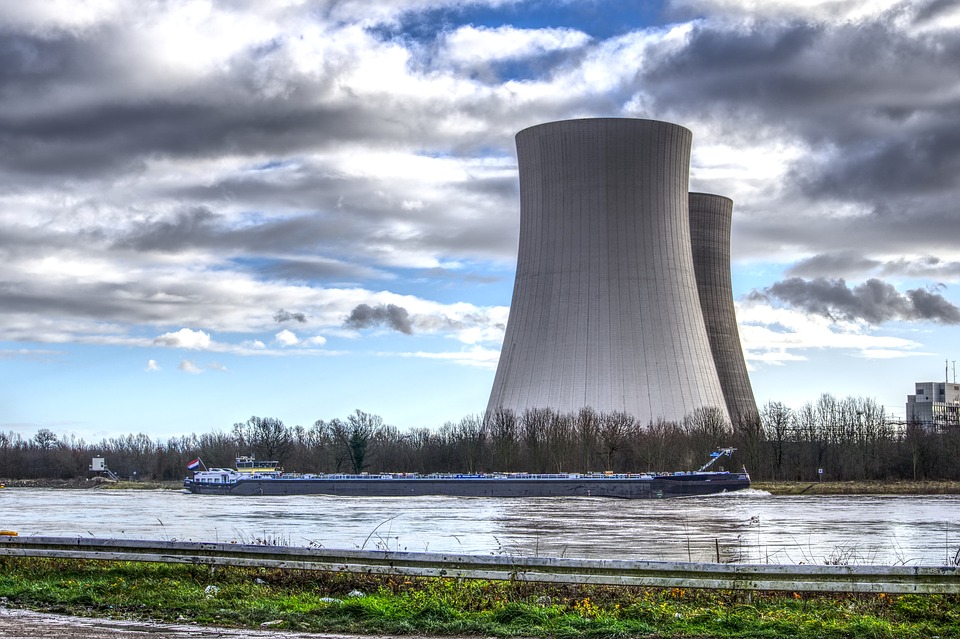
Radioactive water and diplomacy – has the US blundered in its support for Japan?
What’s happening? US support for Japan’s multi-decade plan to release radioactive water from the decommissioned Fukushima Dai-Ichi nuclear plant into the Pacific Ocean has not been echoed by key Asian allies. South Korea and Taiwan have both criticised Japan’s plan, while China is also strongly opposing the move. The plan meets international standards, the US and Japan said. The International Atomic Energy Agency has also offered its assistance to ensure the process minimises adverse effects. Criticism, however, has also arrived from Greenpeace, which urged Japan to consider alternative solutions. (Bloomberg)
Why does this matter? We’ve previously highlighted the debate around Japan’s plans to dispose of the wastewater by dumping it – albeit according to international standards – in the Pacific Ocean. While there are obviously environmental concerns around the intention to now dispose of the water, this episode has also created some diplomatic tensions which may have future ramifications.
An environmental rift between the US and China – particularly given the need for the two nations to cooperate on climate – is hardly a welcome development.
Members of Chinese state-backed media have already accused the US of backing Japan in exchange for loyalty. Beijing accusing the US of dismissing valid environmental concerns – which even staunch US allieshave expressed dismay over – in the name of diplomacy could be unwelcome in Washington. One fear is that political squabbling now takes centre stage at the cost of coordinate action on environmental issues – including climate change.
How else could this episode help China? There could be an opportunity for China to bolster relations with some of its neighbours also objecting to the wastewater plans. Beijing did publicly note this week that South Korea and China are aligned on their opposition to the disposal of the water.
From a climate perspective, it’s worth paying attention to whether China will use the US’ backing of the plans to assert that Western nations should not be exclusively setting the environmental agenda. Beijing has already voiced opposition to some plans proposed by the West, including the EU’s carbon border mechanism which it has, at times, attempted to frame as protectionism dressed up as climate action.
Against this backdrop, is the US’ support for Japan a misstep that could hinder future – and crucial – climate talks between Beijing and Washington?
Also worth noting – There is a continued debate about what role nuclear power will play in the fight against climate change. Bloomberg has reported that some Japanese officials believe the country will have to restart every domestic nuclear power plant shuttered in the wake of the 2011 Fukushima meltdown, or risk not hitting emissions targets.
High-profile disputes such as the above, however, may remind the public of negative episodes involving the power source, potentially impacting its social licence to operate.


